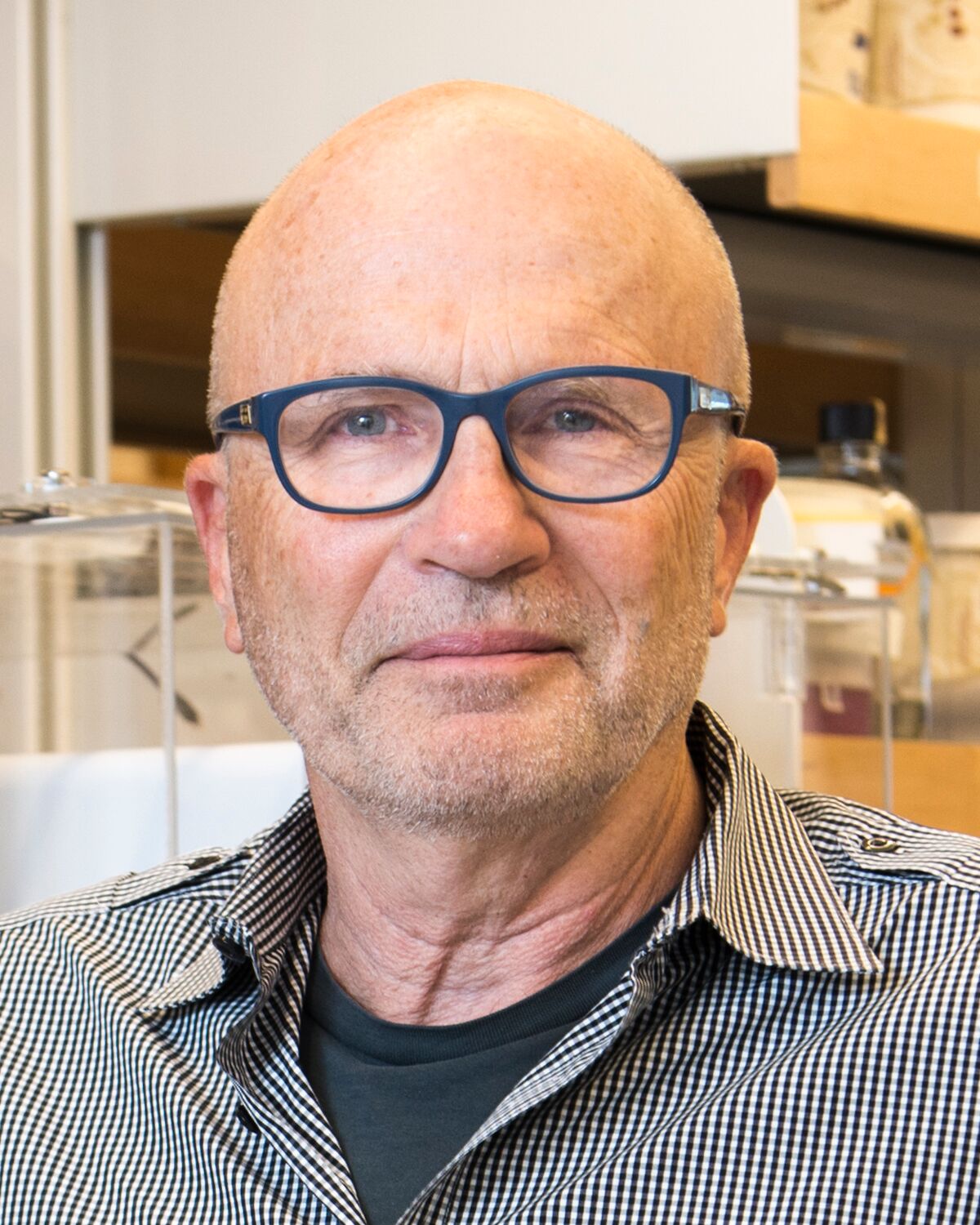Adaptive and Maladaptive Plasticity in Sensory and Motor Systems
Neurons are subject to functional, chemical and structural plasticity. This plasticity is an important factor both in the normal function of the nervous system and in a vast range of neurological diseases.
The Woolf lab studies how different forms of neuronal plasticity contribute both to adaptive and maladaptive changes in the mammalian nervous system, particularly in relation to pain, regeneration and neurodegenerative diseases.
Most of our work is concentrated on primary sensory and motor neurons, and to the interaction of neurons and immune cells, using a multidisciplinary approach spanning stem cell, molecular and cell biology, electrophysiology, neuroanatomy, behavior and genetics. We have established functional and comparative genomic strategies using expression profiling, bioinformatics and gain- and loss-of-function approaches, to screen for novel genes that contribute to neuronal plasticity and disease phenotypes. Our group works closely with many academic groups and the pharmaceutical industry to model disease and identify molecular targets for novel analgesics, axonal growth determinants and neuroprotective agents.
Current research includes study of the transcriptional control and post-translational processing of receptors and ion channels that mediate pain hypersensitivity, selective silencing of defined neuronal populations, intracellular signal transduction cascades activated by peripheral inflammation and nerve injury, neuro-immune interactions, transcription factors as master regulators of pain, growth and survival programs, cell survival in injured sensory and motor neurons, and the contribution of intrinsic growth determinants in establishing regenerative capacity in the peripheral and central nervous system. We are an active part of the Harvard Stem Cell Institute and are investigating how sensory and motor neurons reprogrammed from patient fibroblasts can be used to study pain and motor neuron disease and to screen for new treatments.
Neuron
View full abstract on Pubmed
Brain
View full abstract on Pubmed
Neuron
View full abstract on Pubmed
Nature
View full abstract on Pubmed
Nat Commun
View full abstract on Pubmed
bioRxiv
View full abstract on Pubmed
bioRxiv
View full abstract on Pubmed
Neurosurgery
View full abstract on Pubmed
